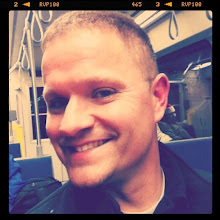I spend a lot of time in my car, and I like listening to audio books. I go to the library every few weeks and check out a new stack of CDs. I'm usually not looking for anything in particular, just whatever looks interesting. A few months ago, I happened to listen to a book by Wallace D. Wattles, entitled "The Science of Being Great." I loved it, and did some research to see if he wrote anything else. I found out that he wrote the book about 100 years ago, and that it was the third in a series of books: "The Science of Getting Rich," "The Science of Being Well," and "The Science of Being Great." I have listened to, and I recommend, all three.
I want to be well. This blog will chronicle my attempt to personally apply the principles he teaches in his second book, "The Science of Being Well." It is fairly short, and only takes a few hours to listen to. His intention is to help the reader obtain and maintain perfect health and wellness. He tells the reader how to think and act to obtain this perfect health.
Today is January 1, 2010. I am a forty-two year old male, and I weigh 253.5 pounds. If I lost 50 pounds of fat, my body fat percentage would be about ten. My blood pressure is a little high. My waist size is 38, and should be 32. My main "wellness" concern is my weight, and this wellness experiment is mainly for that purpose: To see if the principles taught in "The Science of Being Well" are effective weight loss and general wellness tools.
I intend to write three days per week to let you know how it's going. Here I go!
